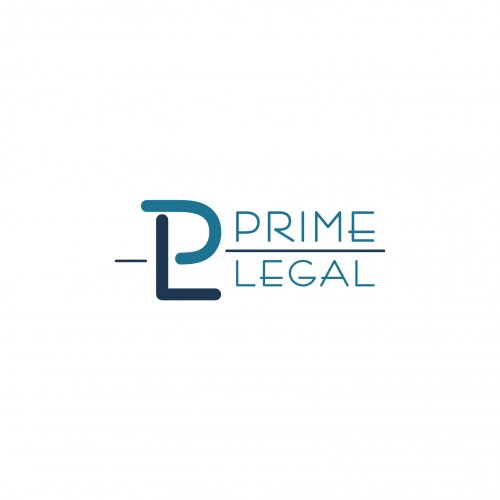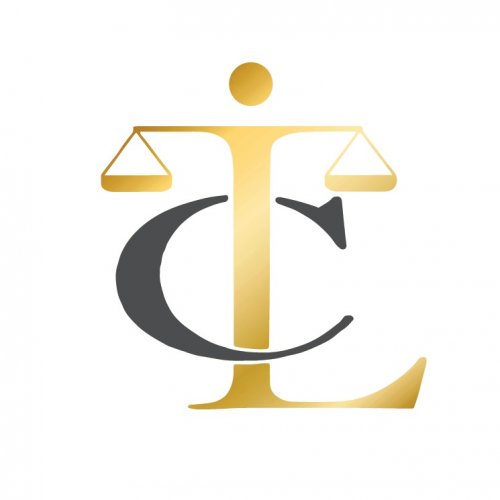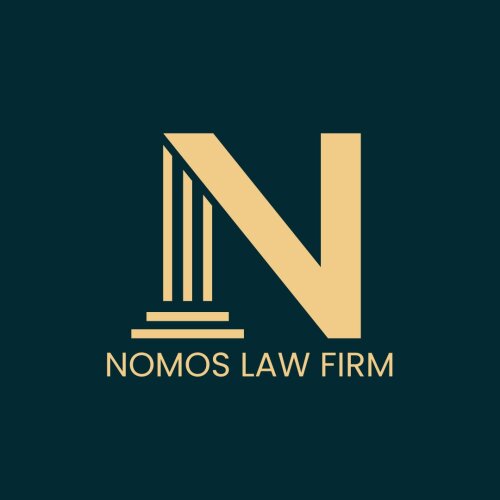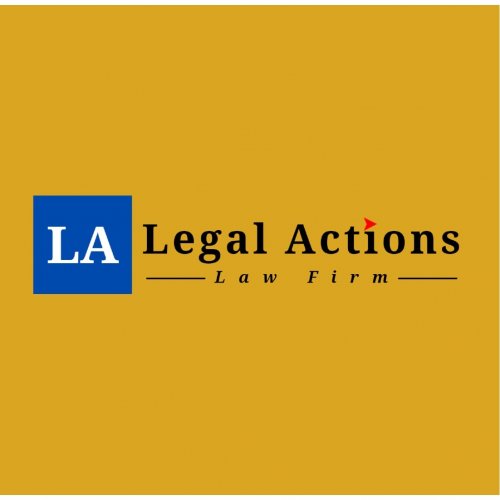Best Environmental Law & Compliance Lawyers in Tbilisi
Share your needs with us, get contacted by law firms.
Free. Takes 2 min.
List of the best lawyers in Tbilisi, Georgia
About Environment Law in Tbilisi, Georgia
The environmental law in Tbilisi, Georgia, is designed to protect the region's unique ecological balance, biodiversity, and natural resources. It is governed by a combination of international, national, and local laws and regulations. Key environmental issues addressed in Tbilisi's legal framework include waste management, air and water pollution, land use, conservation, and environmentally sustainable development.
Why You May Need a Lawyer
If you're involved in a business that potentially has an environmental impact or are a citizen concerned about environmental damage, you may need a lawyer. Situations where a lawyer can assist include negotiating environmental aspects of real estate transactions, complying with environmental regulations for businesses, addressing legal issues resulting from environmental damage, and bringing up lawsuits against entities causing environmental harm. Lawyers can also represent you in administrative proceedings, permit applications, and public interest lawsuits.
Local Laws Overview
The key aspects of local environmental law in Tbilisi include the regulation of emissions into the air and water bodies, the waste management system, and the potential impact on biodiversity when using natural resources. There are specific regulations on protected areas, misuse of land, pollution by industries, and noise control. High compliance with these regulations is expected from businesses, and failure to comply can attract significant penalties including fines, legal proceedings, and termination of business operations.
Frequently Asked Questions
How can I report an environmental law violation?
Environmental law violations can be reported to the Tbilisi Municipality’s Environmental Protection Department. You can also approach an Environmental Lawyer for guidance.
What happens if a business does not comply with environmental regulations?
Failure to comply with environmental regulations can lead to significant consequences including heavy fines, injunctions, criminal prosecution, and the cessation of activities causing environmental harm.
Can individuals sue companies causing environmental harm?
Yes. Individuals or groups can file public interest lawsuits against entities causing environmental harm. Legal assistance may be necessary to navigate this process.
Is there legislation in place to deal with climate change in Tbilisi?
At the broader level, Georgia has ratified the Paris Agreement and thus committed to addressing climate change. Local measures include regulations on emissions, energy efficiency, and general environmental protection.
What rights do I have as a citizen concerning environmental issues in Tbilisi?
Citizens have the right to a healthy environment, access to environmental information, participation in decision-making processes related to the environment, and the right to seek compensation for environmental harm.
Additional Resources
Governmental bodies and organizations related to environment which might be helpful include the Ministry of Environment Protection and Agriculture of Georgia, the National Environmental Agency and the Tbilisi Municipality Environmental Protection Department. Non-governmental organizations like Georgia's Environmental NGOs Network and the Caucasus Environmental NGO Network can provide resources and support for environmental causes.
Next Steps
If you need legal assistance, consider contacting a lawyer specialized in environmental law. Before proceeding, compile all relevant documents, identify your specific concerns, and be prepared to discuss your case. It might also be beneficial to engage with local environmental NGO’s and relevant governmental departments.
Lawzana helps you find the best lawyers and law firms in Tbilisi through a curated and pre-screened list of qualified legal professionals. Our platform offers rankings and detailed profiles of attorneys and law firms, allowing you to compare based on practice areas, including Environmental Law & Compliance, experience, and client feedback.
Each profile includes a description of the firm's areas of practice, client reviews, team members and partners, year of establishment, spoken languages, office locations, contact information, social media presence, and any published articles or resources. Most firms on our platform speak English and are experienced in both local and international legal matters.
Get a quote from top-rated law firms in Tbilisi, Georgia — quickly, securely, and without unnecessary hassle.
Disclaimer:
The information provided on this page is for general informational purposes only and does not constitute legal advice. While we strive to ensure the accuracy and relevance of the content, legal information may change over time, and interpretations of the law can vary. You should always consult with a qualified legal professional for advice specific to your situation.
We disclaim all liability for actions taken or not taken based on the content of this page. If you believe any information is incorrect or outdated, please contact us, and we will review and update it where appropriate.











